- Learning time
- 20 minutes
- First play time
- 120 minutes
Everdell
Designed by: James A. Wilson
In Everdell the players compete to build the most productive city – although the cities in question are inhabited by woodland creatures, in the titular forest.
The game plays over four rounds – winter, spring, summer and fall. In every turn during a round you have two options: send out a worker to gather resources – pebbles, resin, twigs, berries, or cards – or play a card, either from your own hand or the shared display (the ‘Meadow’) on the board. The cards represent either buildings you build or ‘critters’ you attract to your city (in either case, spending the resources you’ve gathered, or using the power on a previously-played card to build something for free). And your city is simply a collection of cards played from your hand to the table – you’ve the potential for 15 cards in your city total, but need to be careful as to what you play there – most score points, but some will give you an instant advantage, and some an ongoing one. Some offer a new place to put your workers for new rewards; sometimes even your opponents’ workers can go there!
And crucially some will score points for you depending on what other cards are in your city – and this connecting of cards can be crucial to victory, not only scoring you bonuses at home but allowing you to grab point-scoring objectives from the board and claim them as your own: there are four available in every game, but four more dealt randomly from a small deck of objectives – in every case, grabbing the objective also costs you a worker.
If you’re out of workers and have no cards to play, you can prepare: starting the next round (or season, to be accurate) triggering more workers and recalling the ones from out on the board. Preparing may also trigger rewards on your Spring cards – and be aware here that each season flows into the next for each player: there’s no waiting until everyone has finished spring before summer begins: instead one or more players may still be busy with Summer whilst you’re halfway through the Fall! The extra workers give the game a gathering sense of momentum, and after the last season points are tallied.
The guru's verdict
-
Take That!
Take That!
Some cards have slight Take That element to them, but it's far from the games' predominant feature, which is more about getting busy with your own plans. But you do need to be wary of spaces getting locked out on the board, or grabbing a juicy card from the Meadow before someone else does.
-
Fidget Factor!
Fidget Factor!
Pretty low, although the odd head-scratching may occur...
-
Brain Burn!
Brain Burn!
...because although Everdell has a nice, gentle, collect-things-to-build-things flavour, winning will most likely entail making sure your cards interconnect in rewarding ways. So there'll be moments when you or others peruse your cards and the cards on the meadow and gaze down at your dwindling collection of twigs and resin, wishing you had some way to pick up a pebble...
-
Again Again!
Again Again!
Lots and lots of cards here, so although the city-building doesn't change the combinations will.




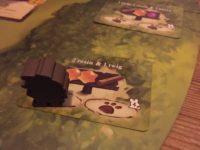
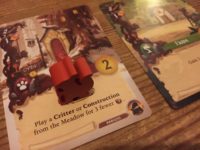
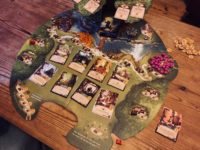



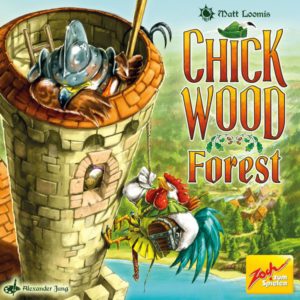
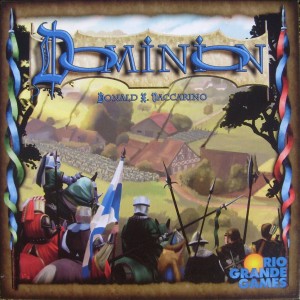
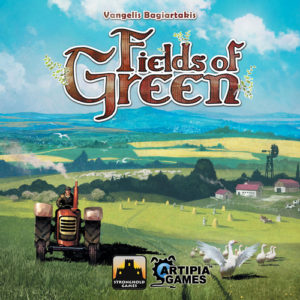
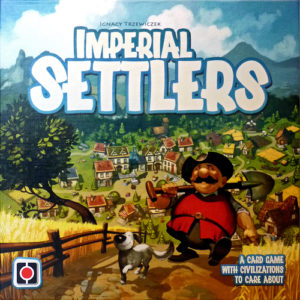
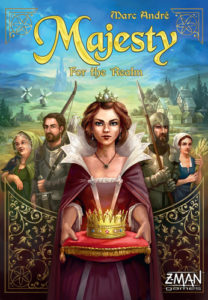
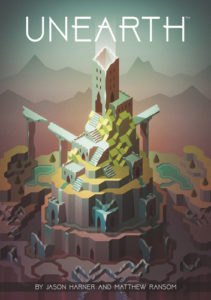
Sam says
Everdell doesn't do anything mechanically to make a grizzled old gamer like me, with meeples stuck in his beard, sit up and take note. But what it does - offering a lot of variety within a simple set of rules - it does well, and I can see it being a big hit for families: there's more than enough here to engage adults, but not so much to overwhelm kids, who are surprisingly quick to spot how the cards combine in the best possible ways. The potential downside is there's a streak of luck running through Everdell in that you can simply not be picking up cards that connect in any meaningful way, and that could frustrate. But it's such a well-presented and relatively breezy game (albeit the 3D tree is a bit fiddly) that it seems churlish to dwell on it.